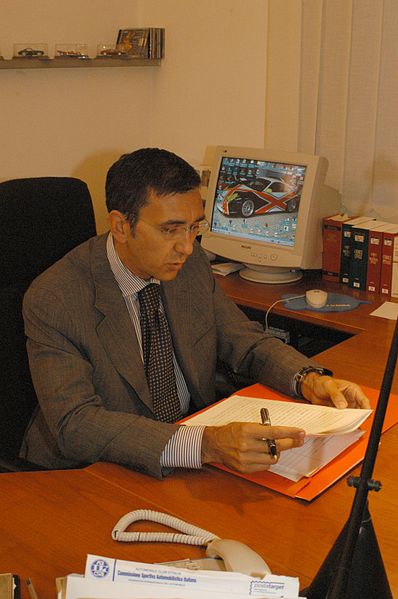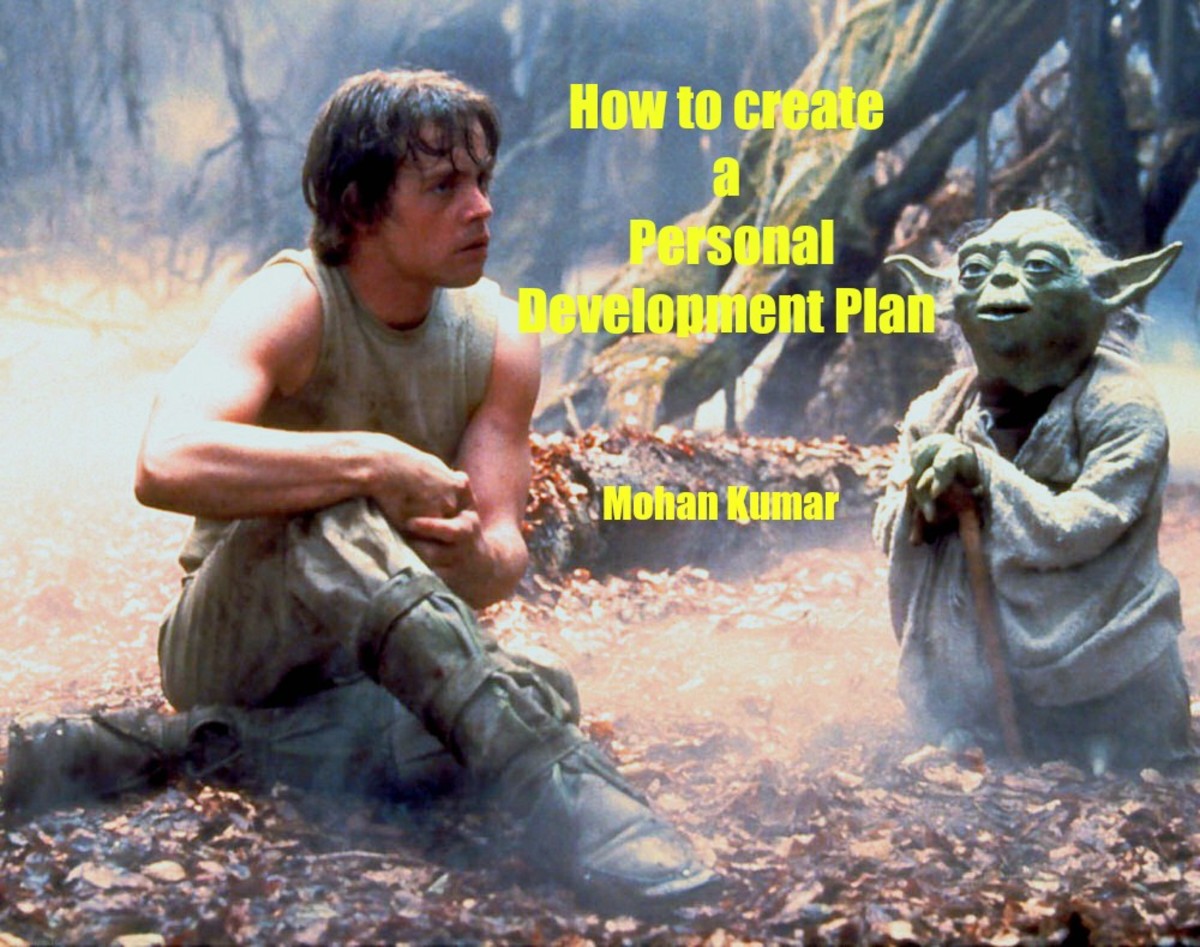Becoming a Notary
by Kathy Batesel

What Is a Notary Public and How to Become One
How many times have you been required to find a notary public (also called a "signing agent") to validate your signature on an important form? Chances are, it has happened to you at least a few times if you've been an adult for a while. If you're like most people, the first place you go when you need a form notarized is your local bank.
Many large financial transactions require notarized forms at some point, so it would make sense that most banks would have a notary public on staff during regular business hours. Unfortunately, banking is not the only reason you might need to seek out a notary.
When I become a Realtor®, I decided to become a notary public as well, because my customers and clients often had need of notarized signatures but often worked during regular business hours. Becoming a notary helped me provide better service for them. After moving to another state, I considered getting certified in my new location, but decided not to at first. I've since changed my mind and opted to once again perform this public service.
Although I don't charge people when I notarize their documents, it's possible to earn a living as a notary. Keep reading to learn more about the history of notaries, what they do, what it takes to be one, and how it can affect (or be) your career.

Quiz Yourself on Basic Notary Public Facts
view quiz statisticsWhat is a Notary Public?
Although ancient Hebrews used a system of writing as many as 3,000 years ago, and other forms of writing were used even earlier, there were very few people who could read or write in ancient times.
You may have heard the phrase "make your mark" before. Because people couldn't write their own name, they would draw a mark in lieu of writing their name - usually in the shape of an X. Notaries emerged during Roman times, acting as legal advisers and scriveners for illiterate citizens.
Although more than 99% of all Americans are literate today, the custom of witnessing signatures and performing other notarial services has remained. Even though notaries do not function as legal advisors, they continue to perform important functions for businesses and individuals:
- Witnessing signatures - the signer must sign in front of a notary and prove their identity.
- Receiving acknowledgments - a signer who didn't have a witnessed signature swears before a notary that they did sign a document.
- Administering oaths - a notary may conduct an oath ritual to compel a signer to tell the truth before signing a document. Deception may result in civil or criminal damages if an oath was administered and a person signed something that involved false information. This is also called a jurat.
- Verification - occurs when a notary administers an oath and witnesses a signing as part of the same act.
- Certifying copies - a notary may compare an original document with a copy and verify that the copy is true, complete, and accurate to the original.
- Noting a protest - this complicated and little-used service is related to forms of payments that are challenged, such as if you claimed you paid your electricity bill but they refused to take the six hundred rolls of pennies you presented as payment. (Although some states authorize notaries to note protests, it's a good idea to refer someone to an attorney instead.)
- Take depositions or swear in witnesses - additional training may be required for a notary to take a deposition in the states where it is allowed.
- Solemnize marriages
- Verify facts - such as vehicle identification numbers or safety deposit box contents
- Issue court summons
- Receive wills, hold family meetings, and other functions related to a person's death
Most states allow all of the first six duties, but the last few duties are restricted to just one or a few states.
Must Have Notary Supplies

State Requirements for Notaries
Each state has laws that say exactly what is necessary for a person to be certified as a notary, but their requirements tend to be quite similar:
- Minimum age (usually 18)
- Must be able to read and write English
- Resident of state where applying (some exceptions are permitted)
- No felony record (or record has been reversed, restored)
Some require applicants to have a high school level education or general education diploma (GED). In California, applicants must also complete a background check and be fingerprinted.
As long as an applicant meets their state's base requirements, they can apply for certification as a notary. States typically charge a small application fee. The application process may require applicants to complete a course, take an exam, obtain certain supplies like a notary stamp and journal, and to obtain a surety bond or insurance that covers from $500-$15,000 in case of legal problems.
Although you can get your supplies and the necessary bond from many online services like the ones linked here starting at around $60-$100, you can save money by ordering your stamp and journal from a site like Amazon and getting your bond from an insurance company - either the company you use for your own auto coverage or a site that specializes in bonding like Brunswick.
You can check your specific state's requirements by visiting the American Society of Notaries website.
Once approved, you will be certified for a set period of time - most often four years.

How to Use Your Notary Public Certification
While a majority of signing agents use their certification as just one of their job duties, some people turn their notary services into a career. Quite a few more hold a full time job but perform mobile notary services to earn a little extra.
Because the real estate industry, like banking, relies heavily on notarized signatures, a great place to start earning as a notary is with title companies. Even though many title agents have a notary on staff, it's not uncommon for real estate closings to take place outside of regular business hours or at other locations - attorneys' offices, clients' homes, or at a brokerage. Signing agents typically earn up to $125 for a closing, which can take anywhere from half an hour to three hours. (The number of closings a notary can earn depends partly on how robust the market is and the time of year - wintertime usually sees a slump.) To get a jump into working with title companies, notaries can sign up with the National Notary Association (which requires a fee) or contact companies that rely on mobile notaries. (The video above is from one of them.) Although you may be able to get on their lists with just a phone call, be prepared to provide your tax identification information and proof of your certification.
If you don't mind working on-call, some other good sources of business are:
- hospitals
- jails
- package delivery companies (UPS stores, Mailboxes, Etc.)
- attorneys (especially those who practice immigration law)
- mortuaries
- airports
- other notaries who can refer jobs they don't want
Although you can and should make use of bulletin boards in these places and others, it's a good idea to find out whether a specific department or person can best help you. For instance, in a hospital, a patient services representative might routinely handle patient and family requests for services like the one you're providing. Providing these gatekeepers (and customers who use your services) with your business card ensures that they'll be able to refer others to you when they have need of a notary. Regular referrals can provide the bread-and-butter for your business.
In most states, you are limited on what you can charge for notarizing a document, but you can charge a "mobile" fee to cover your time and costs of travel. You can also charge for other services you might provide:
- Mailing
- Photocopying
- Local delivery
If you'd like to be your own boss or work mostly from home, being a mobile signing agent may prove to be rewarding and enjoyable. How much you'll earn depends a lot on you. Like any business, it takes time to build and master a new career. You can combine notarization services with the ones listed above, or use your creativity to expand business. Large companies might be interested in contracting with you to visit weekly to provide your services in order to keep employees from leaving work to get their pesky tasks completed.
E-notarization is quickly gaining acceptance, too, which is likely to raise more possibilities for work-from-home careers. Becoming an electronic notary will likely require you to invest in software and learn about online security, but may usher in a new era of business opportunities for ambitious, would-be entrepreneurs.





